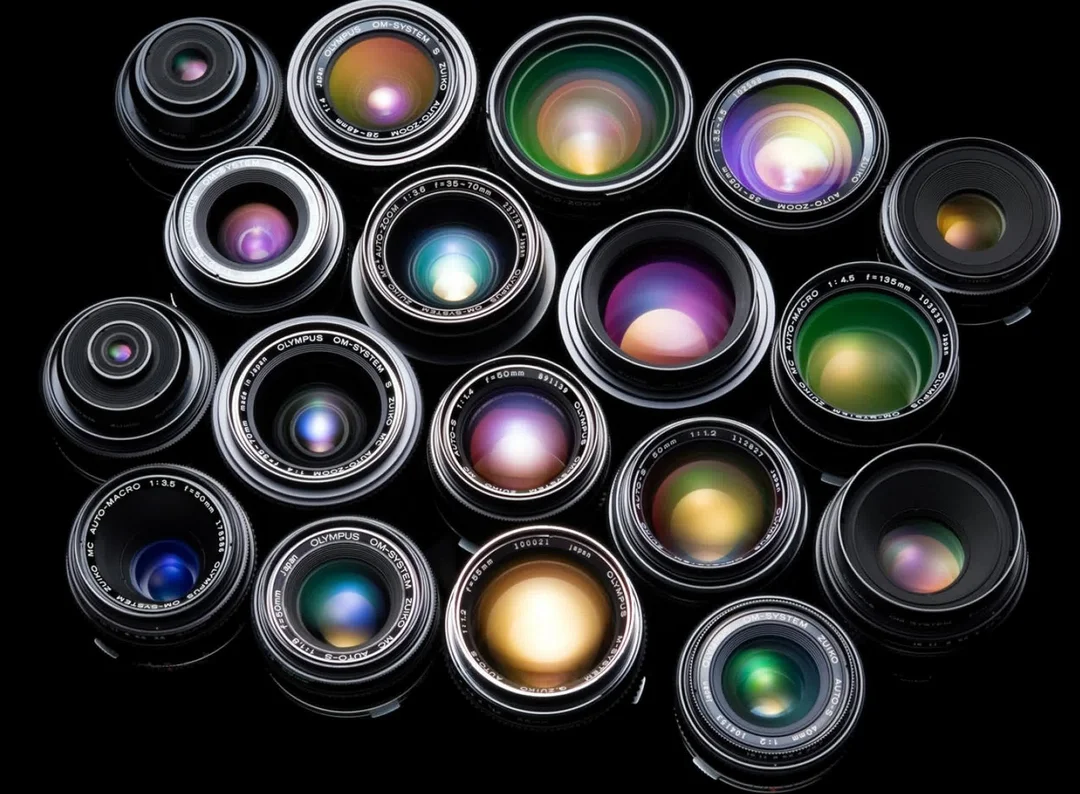
Beware: Car Lidar Systems Can Fry Your Phone Camera – Here’s How to Protect It!
The rise of self-driving technology brings exciting advancements, but it also presents unexpected risks, particularly for your smartphone camera. Recent reports and a viral video are highlighting a concerning issue: Lidar sensors found on vehicles like the Volvo EX90 can cause permanent damage to phone cameras.

Here's what you need to know to protect your device.
The Lidar Threat: Lasers and Your Camera
Lidar (Light Detection and Ranging) is a technology used in autonomous systems to create 3D maps of the surrounding environment. It works by emitting pulses of laser light and measuring the time it takes for them to bounce back. While generally considered safe for human eyes under regulatory standards, these lasers can wreak havoc on the delicate sensors within your phone's camera.
A Reddit user, u/Jeguetelli, recently shared a video showcasing the damage inflicted on their iPhone 16 Pro Max camera by a Volvo EX90's lidar sensor. The video vividly demonstrates how the laser barrage fried pixels, leaving behind a noticeable constellation of red, pink, and purple dots.
Why Zoom Lenses Are More Vulnerable
Many modern smartphones use multiple camera modules with separate lenses to achieve different focal lengths. When you zoom in, the phone typically switches to a telephoto module. These telephoto lenses have a more focused optical path and smaller apertures, making them ideal for long-distance capture but also more susceptible to laser damage.
The incident with the Volvo EX90 perfectly illustrates this vulnerability. The damage only appeared when the telephoto module was engaged, highlighting how concentrated laser light can overheat and burn out pixels on the sensor.

Volvo's Warning and Tesla's Lidar Adoption
Volvo acknowledges the potential risk, advising vehicle owners to avoid pointing cameras directly at the lidar sensor, especially at close range. However, the increasing adoption of lidar technology across the automotive industry raises concerns. Even Tesla, known for Elon Musk's skepticism towards lidar, has reportedly purchased lidar equipment from Luminar Technologies.
How to Protect Your Phone Camera
Here are a few tips to safeguard your phone's camera from lidar damage:
- Avoid Direct Exposure: Never point your camera directly at a lidar sensor, especially when using the telephoto lens.
- Maintain Distance: When filming or photographing vehicles with lidar, keep a safe distance.
- Use Wide Angles: Opt for wider-angle lenses instead of zooming in.
- Consider a Lens Hood: A lens hood might offer some protection by blocking angles where the laser could directly enter the lens.
While manufacturers design lidar systems with laser safety limits in mind, these limits primarily focus on human-eye exposure, not the repeated exposure of delicate digital sensors. It's better to be safe than sorry.
Final Thoughts
As lidar technology becomes more prevalent, understanding the potential risks to your phone's camera is crucial. By taking simple precautions, you can protect your device and continue capturing stunning photos and videos without worry. Have you encountered similar issues with lidar or other concentrated light sources? Share your experiences and thoughts in the comments below!